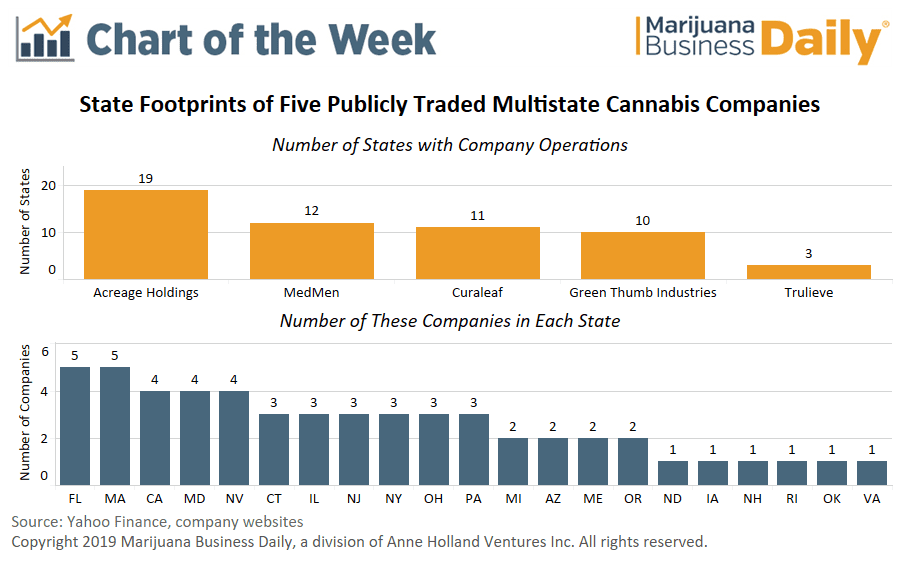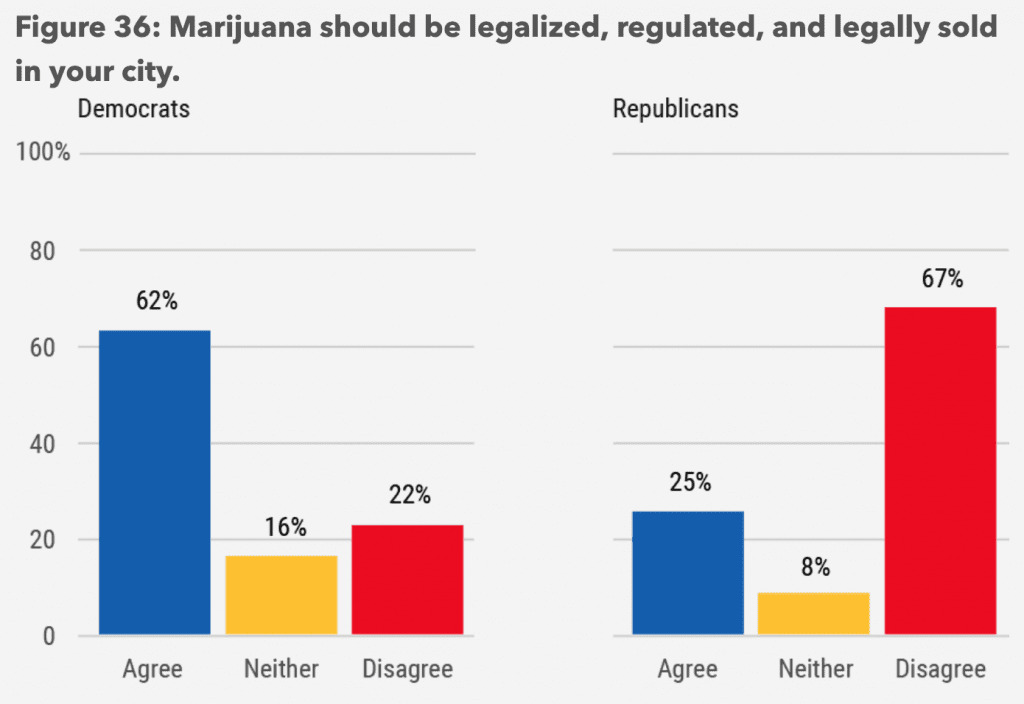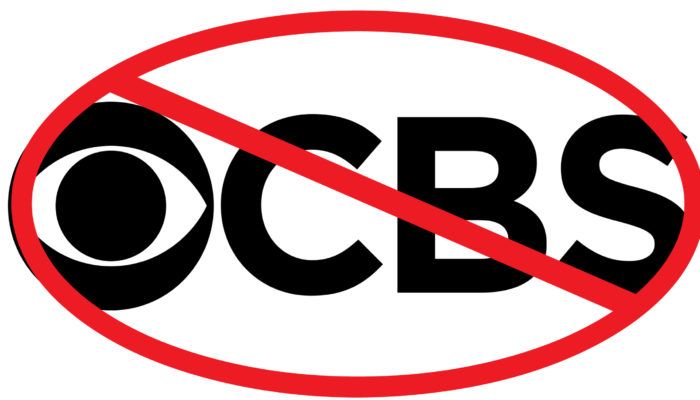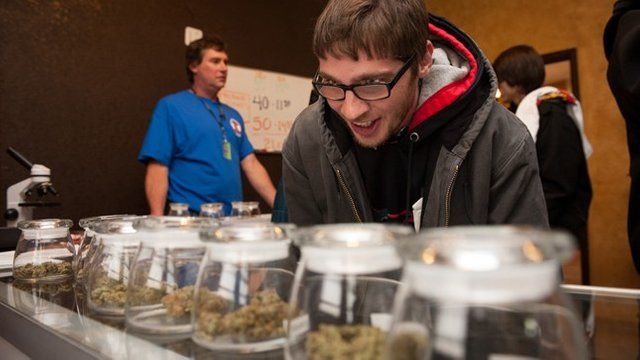BIG PHARMA WILL NOW HOLD PATENT FOR CBD/THC CANCER TREATMENT
It’s hard to believe that Big Pharma is the one making the most progress in proving that cannabis works! Well, maybe not so much ‘hard to believe’ as disheartening and depressing as heck.
British company, GW Pharmaceuticals, has been a big name in cannabis pharmaceuticals since 1998. They’ve broken through the iron gates surrounding cannabis medicine, so much so that they even got CBD-extract medications (made by Big Pharma) to be removed from Schedule I.
GW Pharma has developed cannabis-based drugs for multiple sclerosis and epilepsy, and now….cancer. That’s right. Big Pharma now holds the patent for cancer treatment using cannabis. Let. That. Sink. In. For. A. Moment.
In 2009, GW went forward with a patent application, alongside collaborator Otsuka Pharmaceutical. At the end of September, GW announced that they had received a Notice of Allowance from the U.S. Patent Office to go forward with production of their cannabis-based cancer treatment, Sativex.
The Treatment
Numerous studies have shown that cannabis can be used to treat cancer by eradicating cancer cells and stopping metastasis, in most types of cancer. The latest GW drug will harness the power of THC and CBD to treat gliomas, which are a rare form of brain cancer.
The now-patented pharmaceutical uses a ratio of THC and CBD ranging from 1:1 to 1:20 (THC:CBD) to “reduce cell viability, inhibit cell growth or reduce tumor volume”, according to the company. It is interesting to note that GW’s treatment, Sativex, grew out of a long history of pre-clinical trials and anecdotal evidence that show the use of cannabis and cannabis-based products for tumor reduction.
The company went ahead with clinical trials in August 2018 to test the efficacy of Sativex. This trial will look at efficacy of Sativex when combined with more traditional mainstream cancer treatments. Sativex and the chemotherapy drug, temozolomide, has been administered to 20 patients with recurrent glioblastoma multiforme (GBM). This is a rare and very deadly type of brain cancer.
The Patent
The original patent application was sent in 2009, but has been subsequently changed to accommodate FDA requirements. Changes would include specifics like THC and CBD ratios in the medication, as well as the forms of cancer that Sativex may be able to treat.
What Does This Mean for Cancer Research?
On the positive side, the patent recognizes the value of cannabis for cancer treatments, and not just as a way to counteract the effects of chemotherapy and radiation. Cannabis’ efficacy for killing cancer cells must now be recognized on a federal level. This also allows for more options for cancer patients in choosing their treatments.
It’s a potentially exciting time for cannabis research! Look out for more patents, more clinical trials, and even more cannabis-based medications hitting the market. Keep pushing for access to whole plant medicine.
Source:https://www.rxleaf.com/post/11432/big-pharma-cancer-patent
It’s hard to believe that Big Pharma is the one making the most progress in proving that cannabis works! Well, maybe not so much ‘hard to believe’ as disheartening and depressing as heck.
British company, GW Pharmaceuticals, has been a big name in cannabis pharmaceuticals since 1998. They’ve broken through the iron gates surrounding cannabis medicine, so much so that they even got CBD-extract medications (made by Big Pharma) to be removed from Schedule I.
GW Pharma has developed cannabis-based drugs for multiple sclerosis and epilepsy, and now….cancer. That’s right. Big Pharma now holds the patent for cancer treatment using cannabis. Let. That. Sink. In. For. A. Moment.
In 2009, GW went forward with a patent application, alongside collaborator Otsuka Pharmaceutical. At the end of September, GW announced that they had received a Notice of Allowance from the U.S. Patent Office to go forward with production of their cannabis-based cancer treatment, Sativex.
The Treatment
Numerous studies have shown that cannabis can be used to treat cancer by eradicating cancer cells and stopping metastasis, in most types of cancer. The latest GW drug will harness the power of THC and CBD to treat gliomas, which are a rare form of brain cancer.
The now-patented pharmaceutical uses a ratio of THC and CBD ranging from 1:1 to 1:20 (THC:CBD) to “reduce cell viability, inhibit cell growth or reduce tumor volume”, according to the company. It is interesting to note that GW’s treatment, Sativex, grew out of a long history of pre-clinical trials and anecdotal evidence that show the use of cannabis and cannabis-based products for tumor reduction.
The company went ahead with clinical trials in August 2018 to test the efficacy of Sativex. This trial will look at efficacy of Sativex when combined with more traditional mainstream cancer treatments. Sativex and the chemotherapy drug, temozolomide, has been administered to 20 patients with recurrent glioblastoma multiforme (GBM). This is a rare and very deadly type of brain cancer.
The Patent
The original patent application was sent in 2009, but has been subsequently changed to accommodate FDA requirements. Changes would include specifics like THC and CBD ratios in the medication, as well as the forms of cancer that Sativex may be able to treat.
What Does This Mean for Cancer Research?
On the positive side, the patent recognizes the value of cannabis for cancer treatments, and not just as a way to counteract the effects of chemotherapy and radiation. Cannabis’ efficacy for killing cancer cells must now be recognized on a federal level. This also allows for more options for cancer patients in choosing their treatments.
It’s a potentially exciting time for cannabis research! Look out for more patents, more clinical trials, and even more cannabis-based medications hitting the market. Keep pushing for access to whole plant medicine.
Source:https://www.rxleaf.com/post/11432/big-pharma-cancer-patent





